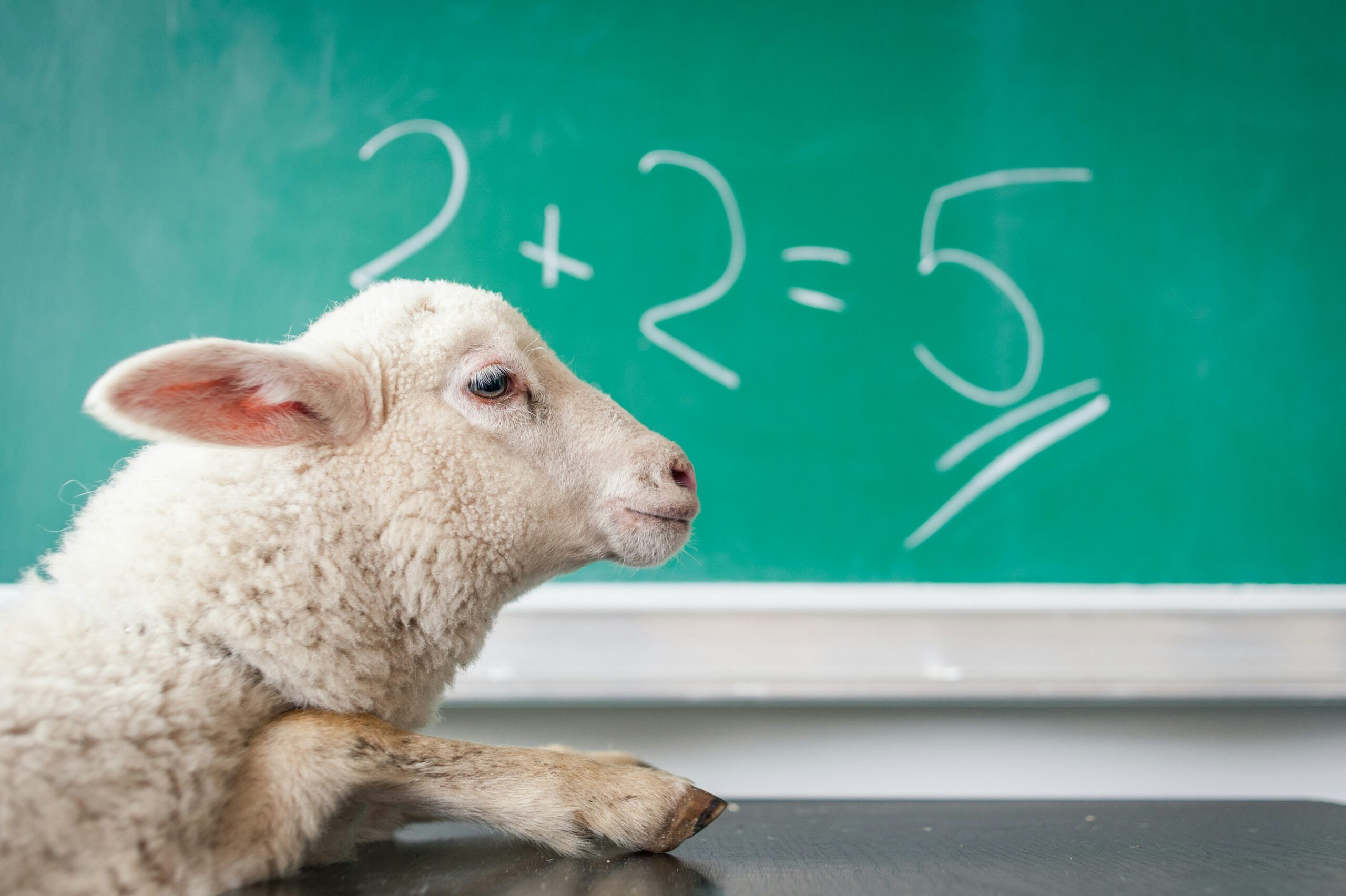After falling for the stratagem of his compatriots, the French, who have ousted him as traitorous and cowardly, Parolles in the fourth of act of All’s Well That Ends Well makes a provocative self-assessment: “Who knows himself a braggart, / Let him fear this; for it will come to pass / That every braggart shall be found an ass,” after which he says, betraying a resilience to ignominy, “being fooled, by foolery thrive. / There’s place and means for every man alive” (Shakespeare 4.3.323-326, 4.3.328-329). A sycophant epitomizing the crude and the disloyal, Parolles possesses a quality endearing him to the audience and rendering him rascally and likable: honesty. He remains honest as a rogue who betrays his fellow Frenchmen and who deserves the ouster and ignominy of which he is the target. Unregenerate and shameless, he is a charismatic conman; but he claims the world of men with dogged authority, asserting that his “place and means” are his and his alone.
Whereas the self-acceptance of Parolles lends his character dignity and a sordid triumph, the broader question of the relation between immorality and self-acceptance remains unanswered: if there is a “place and means for every man alive,” then are there limits beyond which self-acceptance becomes impossible? Treachery? Murder? Rape? Shakespeare draws the gamut of human behavior, then leaves its provocation to the audience.
Directed by Terry Zwigoff, the documentary Crumb features many incidents pertinent to questions of self-acceptance. Not only in Robert but in his brothers, one notices the tormented perversions that have goaded them to very different lives and outcomes; and though he has transmuted these perversions into an art that has made him famous, Robert Crumb has the same compulsions afflicting his brothers, and his management of them owes as much to fortuity as to innate talent.
His fame afforded him relationships and outlets that mitigated his compulsions, and his brothers were never to achieve the same lifestyles. And yet the three brothers had similar compulsions that vied in deviance, which Robert acknowledges in himself when he says, in response to an interviewer asking him whether he considers the moral problems of his art, “maybe I should be locked up and my pencils taken away from me.” The response is speculative, but implies that he cannot explain his artistic depictions, and that art often manifests what the artist would otherwise suppress. Artistry and moralism have never gone hand in hand.
The art critic Robert Hughes postulates that Crumb’s art is not only important but edifying, in that “it is an acknowledgment that these kinds of fantasy actually do dwell in homo sapiens.” Hughes’ postulate is insightful, but whether Crumb’s art is edifying pertains more to his art than to his psychology, which is the more interesting of the two, as well as the primary subject of a documentary observing art as a conduit of the subconscious. Self-acceptance and this extremity of deviance remain implicit in the film, inhabiting the fringes of the kitschy ephemera and belongings of Robert Crumb.
Without a priest absolving a man of his sins, providing the reassurance of his paternal overlord, by what authority can man acknowledge, perhaps even embrace, the lesser parts of himself ? The Id, unpalatable to many, noxious and neglected, is what Parolles affirms standing in the dusk, proposing that we welcome the human shadow. It is a provocation that may be answerable only in art.
Broaching these psychological perversions, these human shadows of a peculiar and deviant family, Terry Zwigoff contributed years of his life to the documentary and was often in pain, befitting the grim alienation and solitude saturating the film. Confirming how struggle contributed to the making of Crumb, Jonathan Rosenbaum writes of Zwigoff that “it’s worth adding that he was in therapy for part of that time, which surely has something to do with the film’s searching thoughtfulness and with Zwigoff’s own investment in the material.”[1] His struggle, giving the film an honesty and thoroughness that was for many too intimate an experience, has lifted Crumb to the pantheon of those documentaries that are psychologically incisive and revelatory of ourselves.
It is an unassuming and authentic glimpse of artistry and perversion that is darkly human. That it is human Shakespeare has long since shown with authority. And that is its lasting and haunting impress.
- Jonathan Rosenbaum. “Crumb Reconsidered,” criterion.com, 10 August 2010, https://www.criterion.com/current/posts/1547-crumb-reconsidered ↑


